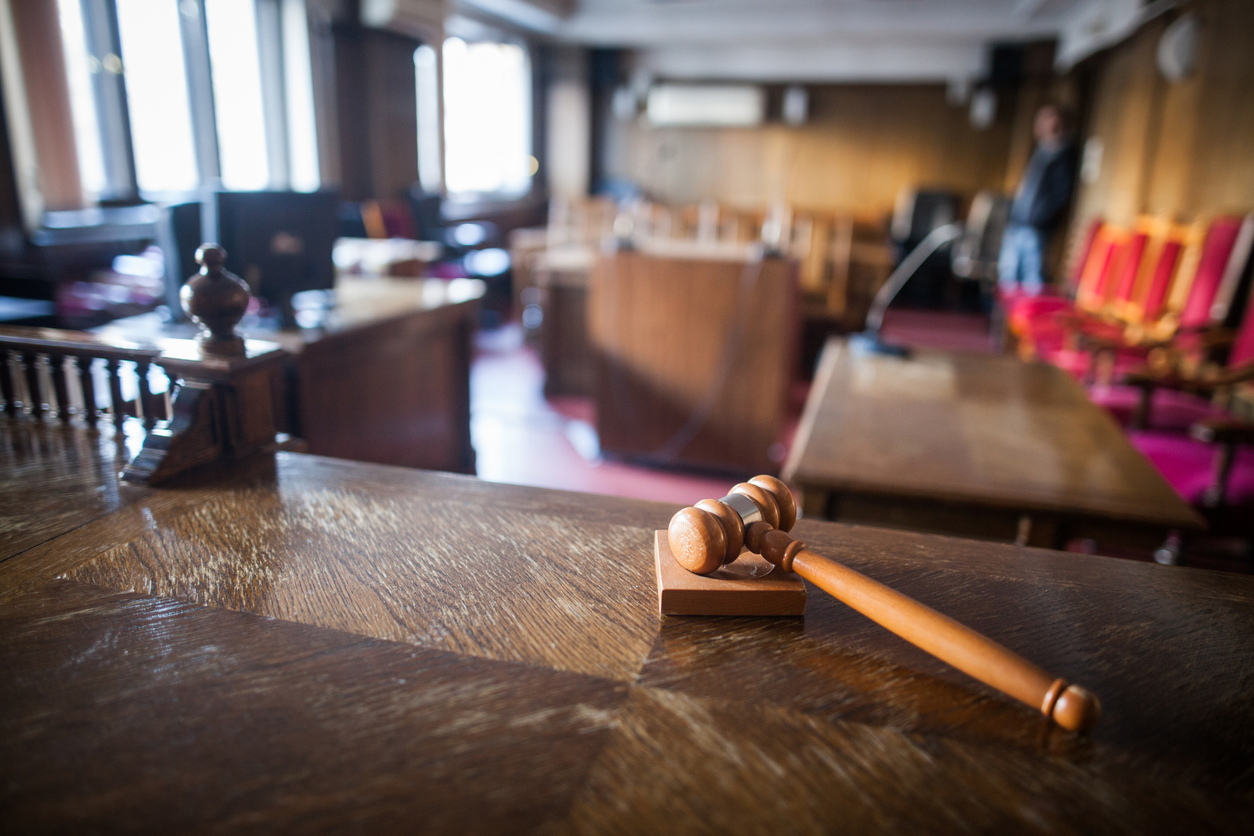March 30, 2020
When a Public Health Crisis Becomes a Threat to the Rule of Law
Past ACS President

Recent reports that the Department of Justice is asking Congress for new emergency powers to combat the COVID-19 pandemic was the news many of us have been fearing.
Among the authorities sought by DOJ, according to news reports, are the power to detain people indefinitely without trial, the power to request that federal judges pause trials already in process, and to pause the statute of limitations for certain offenses so that the government can pursue its claims up to one year after the national emergency is over. The upshot of these proposals is that someone charged with a crime, rightly or wrongly, could be detained for an unlimited amount of time and never given the opportunity to challenge the accusations against them.
If any of this sounds like it might not be consistent with our system of law, that’s because it’s not. The Sixth Amendment to our Constitution guarantees to all those accused of a crime “a speedy and public trial,” and the constitutional “great writ” of habeas corpus provides those detained a mechanism for challenging their detention before a court. The Constitution specifies that habeas corpus cannot be suspended “unless when in Cases of Rebellion or Invasion the public Safety may require it.” While President Lincoln famously suspended the writ during the Civil War, experts of varying ideological persuasions now agree that this is a power for Congress solely to exercise, and only in extraordinary circumstances.
Any attempt by this administration to enlarge its power at this time of crisis should be seen for the opportunism that it is. We’ve feared this could happen because we’ve been here before. In the wake of the horrific terrorist attacks on September 11, 2001, the “Uniting and Strengthening America by Providing Appropriate Tools Required to Intercept and Obstruct Terrorism,” better known as the USA-PATRIOT Act, greatly expanded the federal government’s surveillance authority in the name of national security. The powers granted to law enforcement under the Act had long been on the FBI’s wish list, and 9/11 presented the precise moment to grant those wishes, and quickly.
Unfortunately, fear and panic led to a hurried process that ignored the constitutional problems and the serious risks that the over 200-page PATRIOT Act posed to our civil liberties. Today, DOJ’s requests pose the same risks. It makes no difference whether the enemy be human or viral.
Moreover, while this virus plainly presents a new and dangerous threat, it is far from clear that the powers needed by the government to meet it are new. They may already exist in a handful of emergency powers at the federal government’s disposal, such as the Defense Production Act, the Stafford Act, and the Public Health Service Act (not to mention the traditional police powers of states and localities pursuant to which they can take measures to address the welfare of their constituents). Yet these authorities have not been fully utilized. I strongly suspect that the same is true of the current powers available to the Department of Justice.
As the only U.S. senator to vote against the PATRIOT Act in 2001, I clearly recall the legitimate concerns that take hold in a crisis. At the time of that vote, however, my concern was that this appeared to be an attempt to insert an old and unrelated wish list into the new anti-terror legislation. This had the potential to fundamentally change our democracy and unnecessarily curtail American freedoms. Those of us who believe in the rule of law must defend it and stand up to this administration when it seeks to opportunistically and unnecessarily expand its powers at the expense of our liberties.




